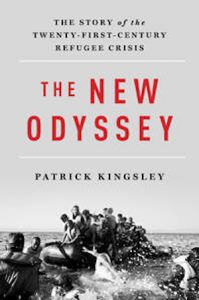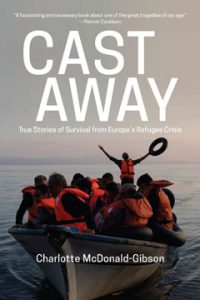Ekathimerini | 21.02.2018
The Greek Council for Refugees has issued a 14-page report containing refugee testimonies of “systematic pushbacks” by Greek police in the country’s northeastern border with Turkey in the Evros region.
In a series of interviews, the victims – including families with children, pregnant women, and minors – describe beatings and inhuman treatment in the hands of the police in breach of international humanitarian law.
The organization warns of a rise in the number of pushbacks and urged Greek authorities to investigate the claims.





